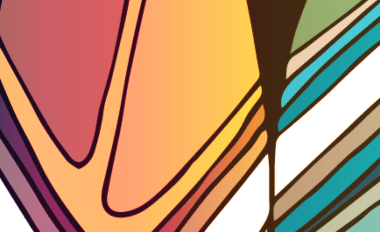The Council’s vision is of a community that understands and respects Aboriginal Cultural Heritage and the cultural responsibilities of Traditional Owners. The Council recognises Traditional Owners as the primary guardians, keepers and knowledge holders of their Cultures.
When we speak of Cultural Heritage, we are speaking of more than the manifestation of our Ancestors in the landscape, we are speaking of wellness, wellbeing and the inherited and fundamental rights of our Peoples.
Cultural Heritage refers to the knowledge and lore, practices and people, objects and places that are valued, culturally meaningful and connected to identity and Country. It shapes identity and is a lived spirituality fundamental to the wellbeing of communities through connectedness across generations. And, it has been passed from the Ancestors to future generations through today’s Traditional Owners whose responsibilities are profound and lifelong.
As a Council of Traditional Owners, we are proud of the Aboriginal Cultures of Victoria. We are committed to strengthening the knowledge held by Aboriginal People across Victoria. Cultural Heritage is our inheritance and our legacy. Through our work and cultural responsibilities, we support self-determination as a collective right for our People.
The Council is made up of up to eleven Traditional Owners who are appointed by the Minister for Aboriginal Affairs. Members of the Council must reside in Victoria and have demonstrated traditional or familial links to an area in Victoria. They are also required to have relevant knowledge or experience in the management of Aboriginal Cultural Heritage in Victoria.
Council is not currently representative in its membership, instead comprised of Traditional Owners with the knowledge and experience required. It is comprised of members of RAPs and non-formally recognised Traditional Owner groups, ensuring that the voices of a broad range of Traditional Owners are heard. Each Council member contributes perspective, understanding and knowledge to Council’s decisions that are made as a collective of individual Traditional Owner voices.
The Council plays an important role in the implementation of the Act. The Council’s principal functions are:
- making decisions on Registered Aboriginal Party (RAP) applications
- monitoring RAPs
- protecting Ancestors’ resting places and returning Ancestors to Country
- caring for Secret or Sacred (Sacred) Objects in Victoria
- managing the Victorian Aboriginal Cultural Heritage Fund
- promoting understanding and awareness of Aboriginal Cultural Heritage
- providing Advice to the Minister for Aboriginal Affairs and government.
Updated

